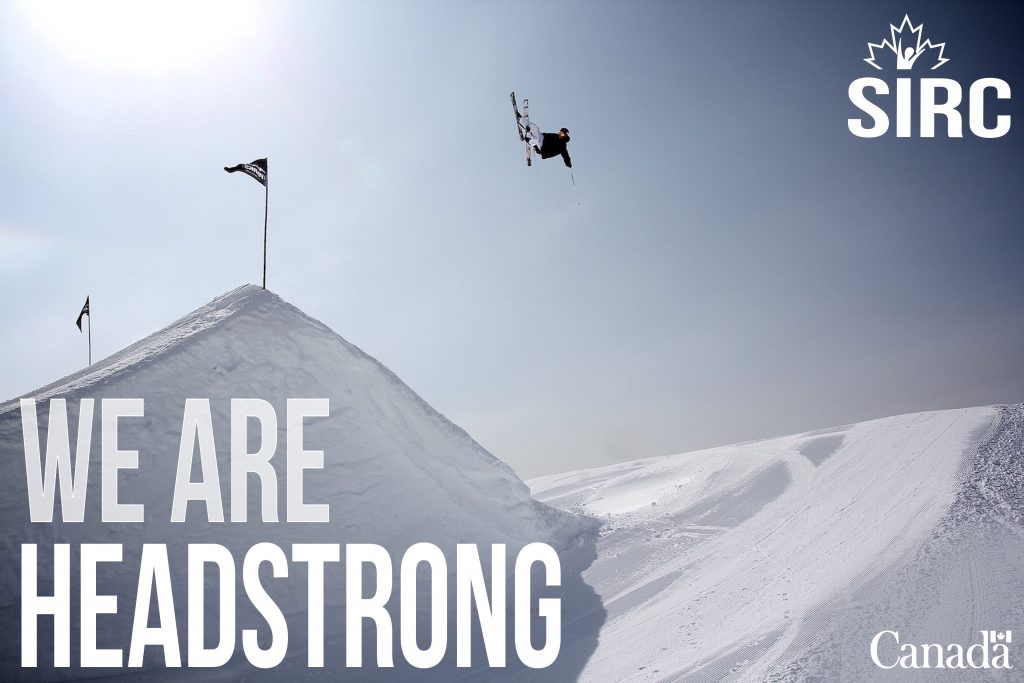2019 Year in Review
Are you new to the SIRC Daily News or still sorting through email from 2018? Check out the top 5 SIRCuit articles and SIRC blogs from 2019 in our most recent blog!
2019 Year in Review

As we ease ourselves into the year ahead, here is a round-up of the most popular SIRCuit articles and SIRC blogs from 2019! Top 5 SIRCuit Articles Gender Equity is Good Governance – Lessons from the Sport Sector Cannabis and Sport: Perspectives from a Seat in the Canadian Senate Managing the Risk of Athlete Burnout…
eSport Injuries
Well beyond casual gamers, professional eSport athletes practice three to ten hours per day to perform up to 500 action moves per minute (compared to 10 moves for a novice). Health professionals are now noticing trends in eSport injuries, including blurred vision, neck and back pain, and circadian rhythm disturbances – all linked to the…
Champion Article – Volleyball
Policy change is one way Volleyball Canada is striving to improve athlete safety on the court. Changes include warm-up drill practices discouraging athletes from going under the net to retrieve the ball – an area with a high risk for concussions. Learn more in the SIRC Blog.
New Resource: SIRCTalks
SIRCTalks is an exciting new series of SIRC videos and podcasts profiling innovative areas of sport research. Some of the latest episodes feature insight from Dr. Joe Baker (York University) on athlete development, Dr. Tara-Leigh McHugh (University of Alberta) on the effect of major games on indigenous youth, and Mike Bara (Hockey Canada) on using research…
Concussion Newsletter – November 2019
By championing a mix of “hard goods and soft goods solutions,” Freestyle Canada has prioritized the creation of an environment in which athletes can test their limits without sacrificing safety or risking traumatic brain injuries. Learn more in the SIRC November Concussion Newsletter.
Damon Allen podcast
Hockey often dominates Canadian sport conversation, but Canadian football is deeply rooted in our history. In this podcast, Damon Allen, one of the CFL’s most decorated and longest-standing players, talks about the future of the CFL and how if you want to be a great player in the league, “you’re going to have to be…
Concussion Recovery and Nutrition
Despite increased awareness about concussion management, the role of nutrition is often overlooked as support for recovery. Learn about the importance of hydration, omega 3 fatty acids, creatine, polyphenols and vitamins to concussion recovery in the SIRCuit.
Concussion Prevention Through Innovation

It’s a potent mix: dangerous flips and twists performed by young, boundary-pushing athletes who revel in the sport’s free-spirited culture. More than most sports, concussions are a day-to-day, moment-to-moment risk for the freestyle skiing community. The five demanding disciplines – Aerials, Moguls, Halfpipe, Slopestyle and Big Air – put athletes in dangerous situations, hurtling down…
Weight Training for Children
Is weight training appropriate for children and youth, or does it risk damaging growth plates and stunting growth? A review of the literature in the SIRCuit provides parents, coaches and athletes with the facts.